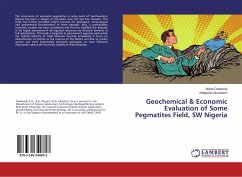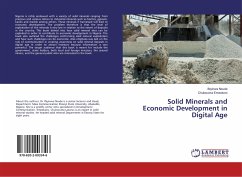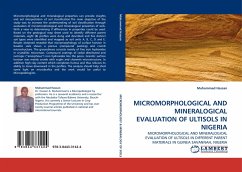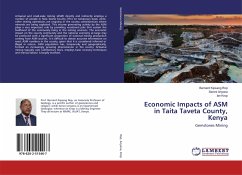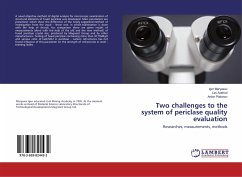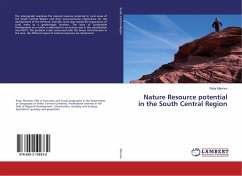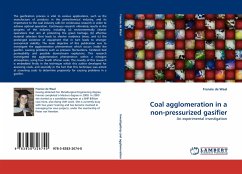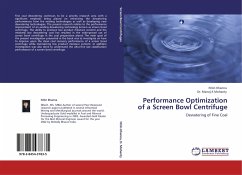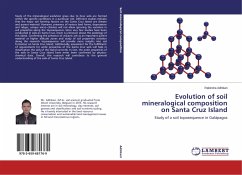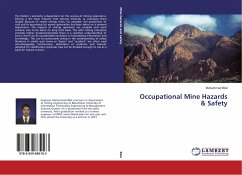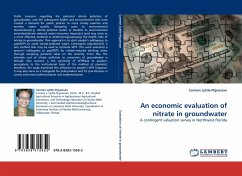
An economic evaluation of nitrate in groundwater
A contingent valuation survey in Northwest Florida
Versandkostenfrei!
Versandfertig in 6-10 Tagen
32,99 €
inkl. MwSt.

PAYBACK Punkte
16 °P sammeln!
Public concerns regarding the potential nitrate pollution of groundwater, and the subsequent health and environmental risks have created a demand for public policies to more closely examine and monitor water quality. Assigning costs to environmental disamenities(e.g. nitrate polluted water) or benefits to environmental amenities(nitrate reduced water) becomes important (and may serve as a more effective method) in determining(assessing) the health risks of nitrate in groundwater. One approach is to elicit people''s willingness to pay(WTP) to avoid nitrate polluted water. Contingent valuation(C...
Public concerns regarding the potential nitrate pollution of groundwater, and the subsequent health and environmental risks have created a demand for public policies to more closely examine and monitor water quality. Assigning costs to environmental disamenities(e.g. nitrate polluted water) or benefits to environmental amenities(nitrate reduced water) becomes important (and may serve as a more effective method) in determining(assessing) the health risks of nitrate in groundwater. One approach is to elicit people''s willingness to pay(WTP) to avoid nitrate polluted water. Contingent valuation(CV) is one method that may be used to estimate WTP. This work examines a person''s willingness to pay(WTP) for nitrate-reduced drinking water through assigning personal value on the amenity. From this, the estimate cost of nitrate pollution to consumers of groundwater is derived. One concern is the sensitivity of WTP(due to people''s perception) to the institutional basis of the method of payment; therefore, the study examined this influence on people''s WTP response. It may also serve as a tool/guide for policymakers and CV practitioners in survey instrument administration and implementation.



